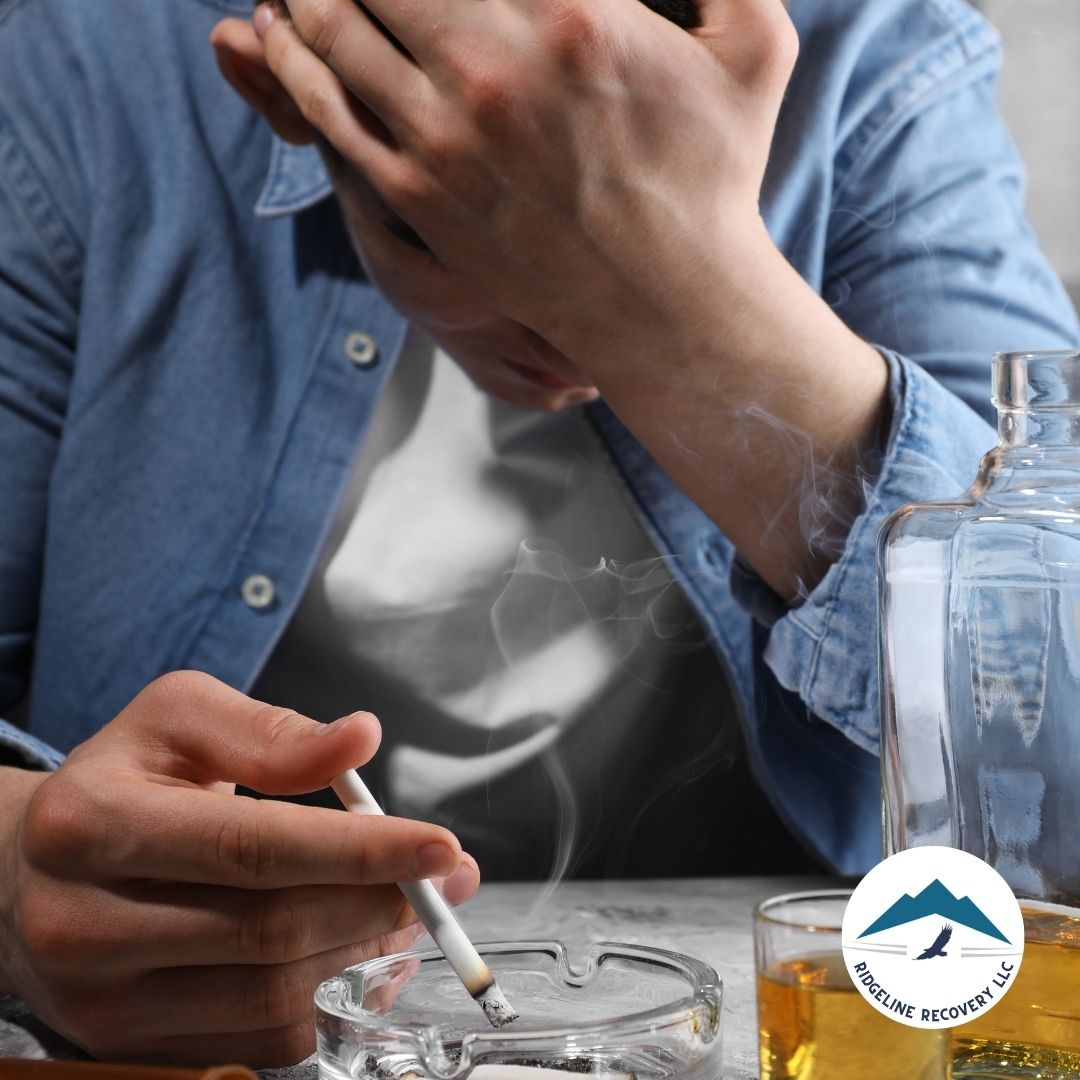Addiction is a tough battle, but you don’t have to fight it alone. If you’re searching for inpatient programs, you’re already taking a brave step toward recovery. Inpatient programs offer a structured, supportive environment where you can focus entirely on healing—free from the distractions and triggers of everyday life.
Whether you’re in Columbus, Ohio, or anywhere else, this guide will walk you through everything you need to know about this programs. From understanding the benefits to finding the right program, this is your roadmap to reclaiming your life.

What Are Inpatient Programs?
Let’s start with the basics. this programs, also known as residential treatment, provide 24/7 care in a structured environment. You live at the facility for the duration of your treatment, which can range from 30 days to several months.
Here’s what makes this programs unique:
- 24/7 Support: You’re surrounded by medical professionals and counselors who are there to help you every step of the way.
- Structured Environment: A daily schedule keeps you focused on recovery.
- Safe Space: You’re removed from the triggers and stressors of everyday life.
Programs like Addiction Recovery and Addiction Treatment offer inpatient options tailored to your needs.
Why Choose Inpatient Programs?
If you’re searching for this programs, you’re not alone. Here’s why so many people choose this approach:
- Intensive Care: This programs provide the highest level of care, making them ideal for severe addiction or co-occurring mental health issues.
- Focus on Healing: Without the distractions of daily life, you can focus entirely on your recovery.
- Community Support: You’ll connect with others who understand what you’re going through.

What to Expect in Inpatient Programs
If you’re new to this programs, it’s natural to feel unsure. Here’s what you can expect:
1. Assessment
Your journey begins with a thorough evaluation. This helps your care team create a personalized treatment plan.
2. Detox
The first step is detoxing from substances. Under medical supervision, you’ll safely manage withdrawal symptoms and prepare for therapy.
3. Therapy
Therapy is the heart of this programs. You’ll participate in:
- Individual Therapy: Address personal issues contributing to addiction.
- Group Therapy: Connect with others facing similar challenges.
- Family Therapy: Repair relationships and build a support system.
4. Aftercare Planning
Your inpatient program will help you create a plan for ongoing recovery, whether that’s through Day Treatment Programs or other support services.
Types of Inpatient Programs
Not all inpatient programs are the same. Here are some options to consider:
Short-Term Inpatient Programs
These programs typically last 30-90 days and are ideal for those with mild to moderate addiction.
Long-Term Inpatient Programs
Long-term programs, like those described in The Ultimate Guide to Finding the Best Long Term Inpatient Rehab Near Me, can last several months and are ideal for severe addiction or co-occurring mental health issues.
Specialized Programs
Some of these programs focus on specific needs, such as alcohol detox or dual diagnosis treatment.
Real-Life Stories: Success with Inpatient Programs
Let’s look at some real-life examples of how this programs have changed lives.
Mark’s Story
Mark had been struggling with addiction for years. He felt like he was fighting a losing battle until he entered thist program. With the help of Finding the Best Detox from Alcohol Near Me: Your Guide to Recovery, he was able to detox safely and rebuild his life. Today, he’s thriving and helping others on their recovery journey.
Sarah’s Journey
Sarah was hesitant to seek help because she didn’t want to leave her family. But when she discovered this program, she realized it was the best decision she could make. Today, she’s sober and helping others through Step 3 of Narcotics Anonymous.

Frequently Asked Questions About Inpatient Programs
1. How long do this programs last?
Most inpatient programs last 30-90 days, but long-term programs can last several months.
2. Can I bring my children to inpatient rehab?
Some inpatient programs offer family-friendly options. It’s best to check with the facility for specific details.
3. What if I relapse after treatment?
Relapse is common, but it doesn’t mean you’ve failed. Programs like Ridgeline Recovery provide ongoing support to help you stay on track.
Trivia: Did You Know?
Before we wrap up, here’s a fun fact: The first inpatient addiction treatment programs were established in the 1930s. Since then, they’ve helped millions of people worldwide find freedom from addiction.
Take the First Step Toward Recovery
If you’re ready to take control of your life, know that help is available. You don’t have to face addiction alone.
At Ridgeline Recovery, we’re here to support you every step of the way. From this programs to aftercare, we provide the tools you need to reclaim your life.
Contact us today to learn more about our programs and how we can help you find hope and healing.







